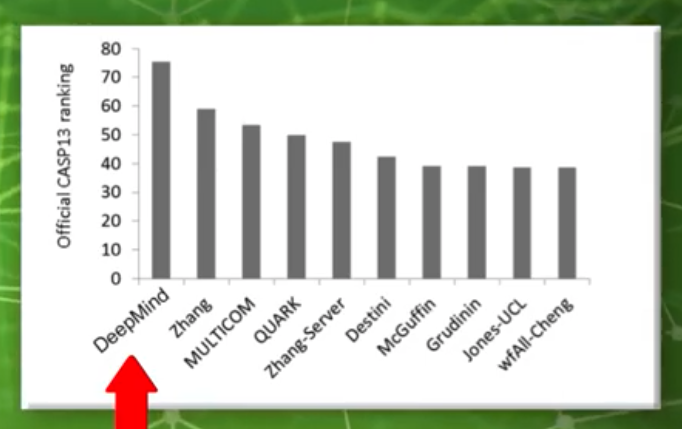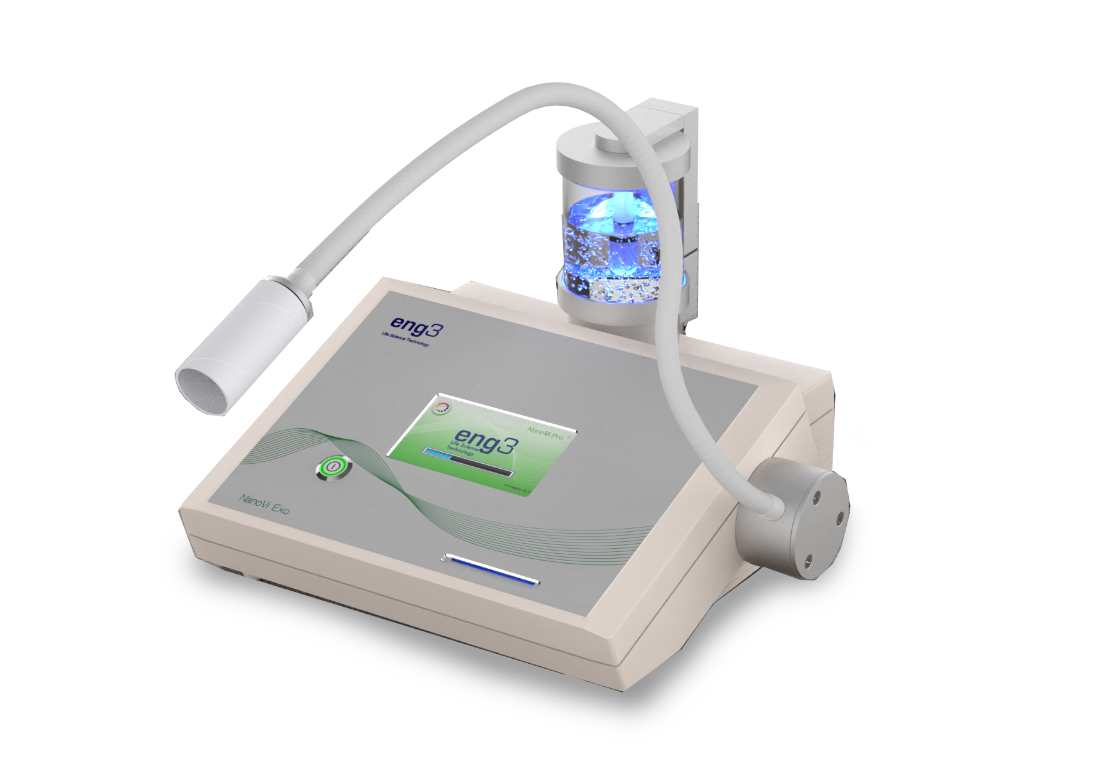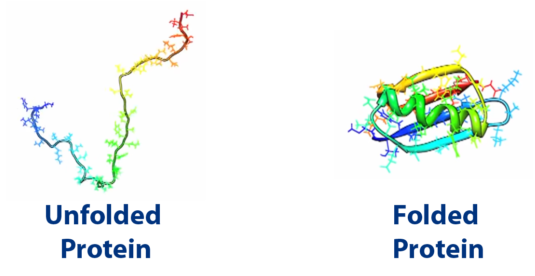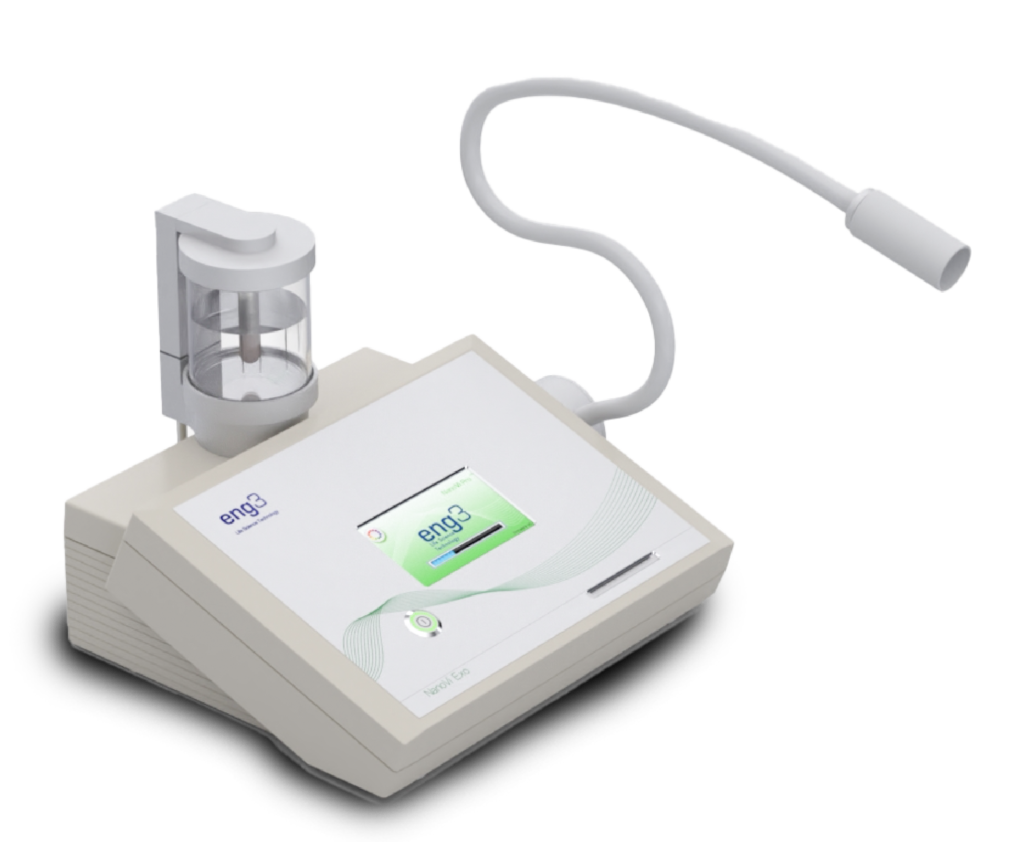Google’s DeepMind team pops up in the news every couple of years. Each time they do, it’s to announce an impressive new leap in the world of artificial intelligence.
In 2015, DeepMind created an AI program that mastered classic Atari video games like Pong and Space Invaders. Their next program learned Go, the oldest and most complex board game in human history. Go games often last multiple days; DeepMind beat the world Go champion in far less time than that — twice. Next, DeepMind learned chess; it developed the skill of a world grandmaster in only four hours, and has beaten every competitor to-date, human and machine.Now, Google’s DeepMind is moving away from games and into something far more interesting: protein folding. DeepMind’s latest AI is called AlphaFold. It’s a program that predicts how proteins configure themselves, and how they can be as stable as possible. AlphaFold won a longstanding international competition aimed at using AI to predict how proteins will fold. This information could accelerate medical progress in a way we’ve never seen, because proteins affect pretty much every part of every living system.
When proteins fold properly, your body runs like a well-tuned machine. Protein folding affects almost everything. Carefully folded proteins nestle into the ends of your brain cells, grabbing onto chemicals like dopamine and serotonin and using them to dictate how you think and feel. Proteins control your inflammation response, helping you heal from damage without going overboard. As you read these words, proteins are folding together and pulling apart in your ocular muscles, controlling the way your eyes move.
But under stress or with age, protein folding stops working so well. Proteins begin unfolding or misfolding, which leaves them functionally useless, and when too many proteins misfold in a cell, the cell self-destructs. There’s good evidence that misfolding proteins play a major role in aging, as well as in Alzheimer’s, diabetes, cancer, and a variety of other common diseases. [2]
“We’ve not solved the protein folding problem, this is just a first step. It’s a hugely challenging problem, but we have a good system and we have a ton of ideas we haven’t implemented yet” – Demis Hassabis, DeepMind CEO
Learning how proteins are supposed to fold — and how to keep them folding properly — will help scientists address the fundamental health challenges humans face today, and could bring in a golden age of medical progress and expanded human performance. In the coming decade, the DeepMind AlphaFold AI could even help researchers create new and improved proteins that slow aging to a crawl and stop disease in its tracks.
This is particularly exciting for us at Eng3, because the NanoVi works through protein folding. The whole purpose of NanoVi is to support protein folding body-wide, so misfolded or unfolded proteins get the kinetic impulse they need to snap back into the correct folded positions and resume their proper function. Given the potential for improving health by supporting protein folding, it is gratifying to see DeepMind applying some of the world’s most powerful computational ability to better understanding protein folding. The focus on protein folding opens the doors to huge possibilities in recovering and enhancing human health.
If you’d like to learn more about the NanoVi device, its proven benefits, and the price, sign in below.
Eng3 will send you an email as soon as you submit the form, please check your spam filter if you don’t receive it. We only send study results and other valuable information. Your email will not be shared or flooded with promotional content.
References
1. Ponomarenko EA, Poverennaya EV, Ilgisonis EV, et al. The Size of the Human Proteome: The Width and Depth. Int J Anl Chem. 2016;2016:7436849.
2. Reynaud, E. (2010) Protein Misfolding and Degenerative Diseases. Nature Education 3(9):28

DeepMind won the CASP13 protein folding contest in a field of 98 competitors





